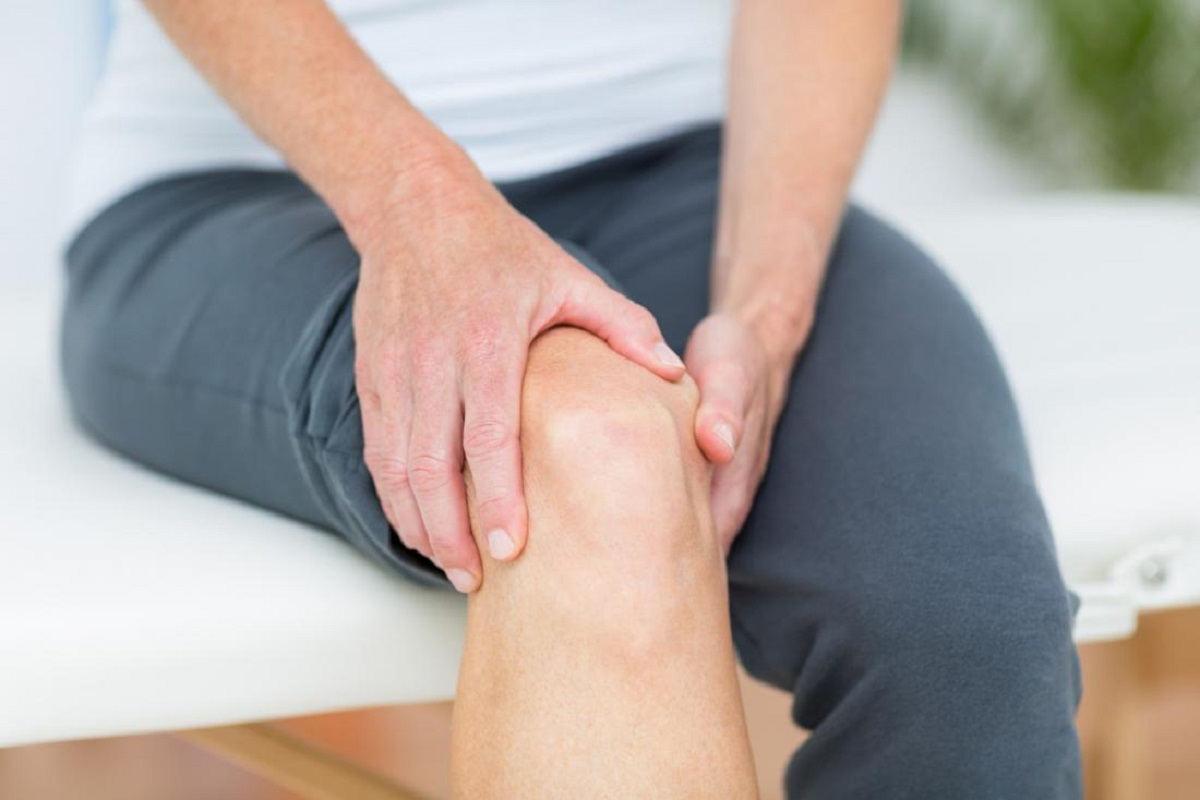The 7 Signs Of Vitamin C Deficiency+ Vitamin C Deficiency Treatment

Signs Of Vitamin C Deficiency: Vitamin C deficiency can manifest in various ways throughout the body, and recognizing these warning signs is crucial for early detection and intervention. Here are seven common signs and symptoms of vitamin C deficiency:
1. Fatigue and weakness

Signs Of Vitamin C Deficiency, Vitamin C plays a key role in the body’s ability to produce and utilize energy. It helps convert food into energy through its involvement in the synthesis of carnitine, a molecule essential for the transport of fatty acids to the mitochondria, where they are burned for fuel.
If you often feel fatigued, weak, or lethargic, it could be a sign that your body’s energy production is compromised due to inadequate vitamin C levels.
2. Frequent infections

Signs Of Vitamin C Deficiency, Vitamin C is renowned for its immune-enhancing properties. It supports the production and function of white blood cells, which are essential for fighting off infections.
Frequent colds, respiratory infections, or slow recovery from illnesses may indicate a weakened immune system due to vitamin C deficiency.
3. Slow wound healing

Signs Of Vitamin C Deficiency, Collagen is a protein crucial for wound healing, tissue repair, and maintaining the health of skin, blood vessels, and bones. Vitamin C is essential for collagen synthesis.
If cuts, bruises, or wounds take longer than usual to heal or if you have recurrent skin problems, vitamin C deficiency could be a contributing factor.
4. Bleeding gums and dental issues

Signs Of Vitamin C Deficiency, Vitamin C helps maintain the health of gums by supporting the production of collagen and protecting against gum disease.
If you experience bleeding gums, frequent mouth ulcers, or loose teeth, these oral issues may be linked to insufficient vitamin C levels.
5. Skin problems

Signs Of Vitamin C Deficiency, Vitamin C is crucial for healthy skin since it promotes the formation of collagen and functions as an antioxidant to shield the skin from pollutants and UV damage.
Dull, dry, or prematurely aging skin, as well as an increased susceptibility to sunburn, can be indicators of vitamin C deficiency [4].
6. Joint and muscle pain

Vitamin C contributes to the formation of collagen and other connective tissues in joints and muscles.
Unexplained joint pain, muscle aches, or stiffness may be associated with insufficient vitamin C levels.
7. Swollen and painful joints

Vitamin C helps maintain joint health by supporting the production of cartilage, the protective tissue in joints. Swollen, painful joints or a diagnosis of arthritis may be linked to vitamin C deficiency.
What is the best treatment for vitamin C deficiency?
Signs Of Vitamin C Deficiency, Addressing vitamin C deficiency involves a combination of dietary changes, vitamin C supplementation, and monitoring to ensure a return to optimal vitamin levels.
The specific treatment plan may vary depending on the severity of the deficiency and individual factors.
Dietary changes
1. Increase vitamin C-rich foods

Signs Of Vitamin C Deficiency, Incorporating foods high in vitamin C into your daily diet is the most natural way to boost your intake.
These foods include citrus fruits (e.g., oranges, grapefruits), berries (e.g., strawberries, blueberries), kiwi, guava, peppers (especially red and green bell peppers), and broccoli.
2. Include a variety of fruits and vegetables

Signs Of Vitamin C Deficiency, You may get a wide variety of nutrients, including vitamin C, by eating a variety of fruits and vegetables. Aim to eat five servings of fruits and vegetables every day, minimum.
3. Minimize cooking time

Signs Of Vitamin C Deficiency, To preserve the vitamin C content in foods, minimize cooking time and avoid prolonged exposure to heat. Steaming or microwaving vegetables can help retain more of the nutrient compared to boiling.
Vitamin C supplements
Under medical supervision
If dietary changes alone are insufficient to correct the deficiency, your healthcare provider may recommend vitamin C supplements. These supplements should be taken under medical supervision to ensure proper dosage and safety.
4. Forms of supplements

Signs Of Vitamin C Deficiency, Vitamin C supplements are available in various forms, including ascorbic acid tablets, capsules, and effervescent powders. The choice of supplement form may depend on your preferences and any gastrointestinal sensitivities.
5. Follow medical recommendations

Signs Of Vitamin C Deficiency, Based on your unique needs and the degree of the deficiency, your healthcare practitioner will choose the best dosage for you. It’s important to follow their recommendations carefully.
Also Read:
Dopamine Hormone: Ways To Increase Dopamine
8 Foods High In Vitamin D That Is Helpful In Cold Season
8 Anti-Aging Vitamins And Nutrients That Actually Work, Ranked




